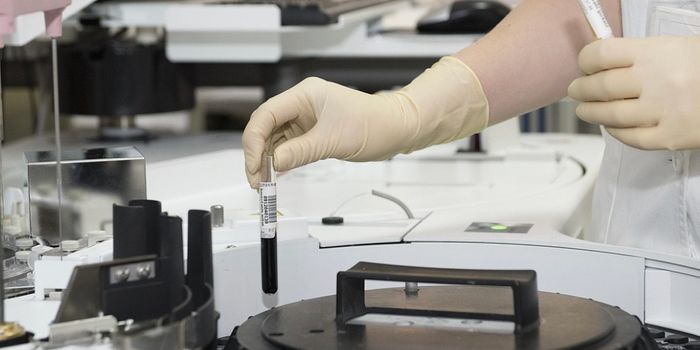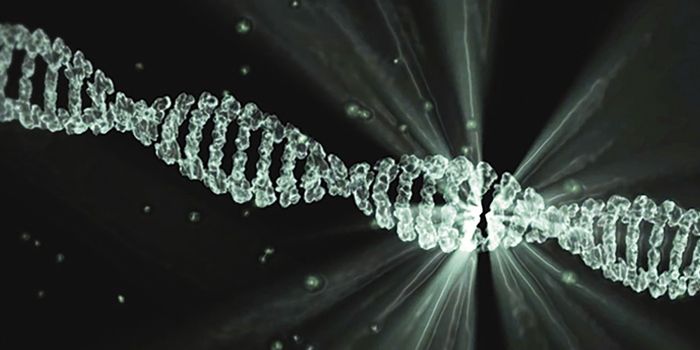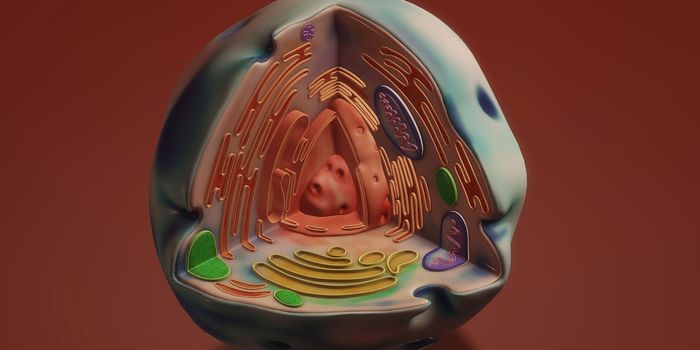Genes Seem to Significantly Impact the Results We Get From Exercise
Individual health is shaped by many different factors, including the sequences and expression levels of genes, the makeup of an individual's gut microbiome, cardiovascular fitness, or muscle mass, for some examples. Exercise, when done properly and safely, is generally considered to be beneficial to the health of most people. But the same exercise regimen can have vastly different outcomes in different people.
New research has found that a person's genetic makeup can significantly influence the outcome of exercise. This work, which was reported in PLOS One, suggested that genetics can explain why certain exercises benefit some people more than others. Exercises that involved repetition, for example, were estimated to be responsible for as much as 72 percent of the variability in results from specific types of exercise.
This work assessed 24 previous studies, which included data from 3,012 adults aged between the ages of 18 and 55 who had not had prior training in physical activity. The study focused on how small variations in thirteen genes can influence a person's performance during cardiovascular activities. This performance was quantified with V̇O2 max measurements, which are also known as measures of a person's maximal oxygen consumption. An estimated 44 percent of the variation in VO2 max levels was found to be caused by genetics, and ten percent of the changes in anaerobic power were estimated to be from genetics.
The researchers suggested that factors like nutrition and injuries were to blame for the remaining differences. They noted that this study suggests that most people, from patients in rehabilitation to professional athletes, could benefit from exercises and activities that are selected for maximum personal benefit, instead of a generic workout for everyone.
"Because everyone's genetic makeup is different, our bodies respond slightly differently to the same exercises. Therefore, it should be possible to improve the effectiveness of an exercise regime by identifying someone's genotype and then tailoring a specific training programme just for them," suggested lead study author Henry Chung, a Postgraduate Researcher at Anglia Ruskin University (ARU).
This study comes on the heels of another reported in PLOS Genetics in which fourteen genes were found to be causing obesity in a C. elegans model. That research took genome-wide association results from humans to the next step. The work screened genes in an investigation of how various diets affected weight gain or loss in worms with different genetic backgrounds. The study also found three genes that prevented obesity.
Sources: PLOS One, PLOS Genetics









